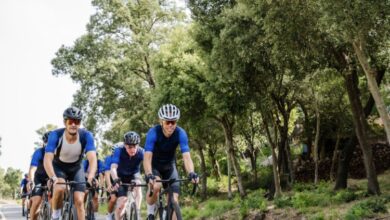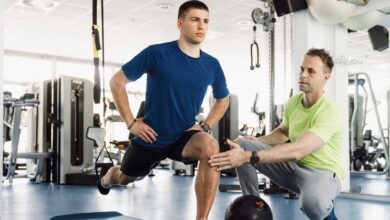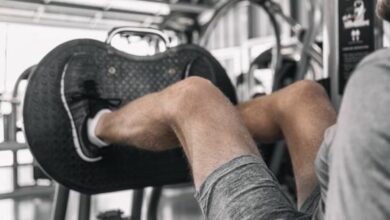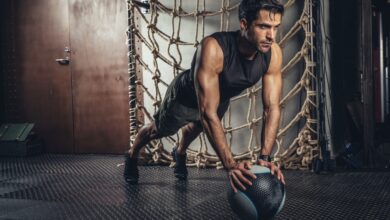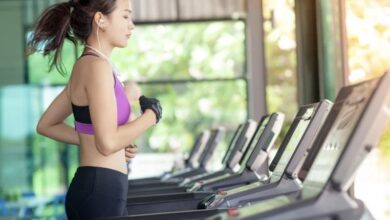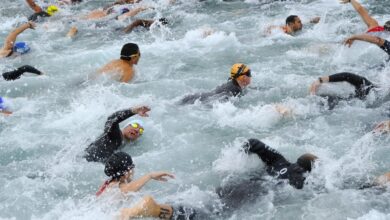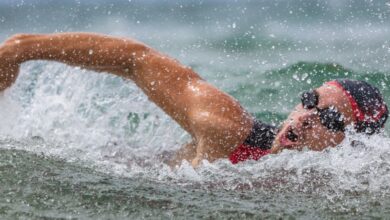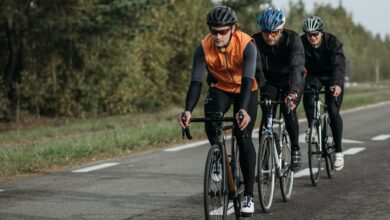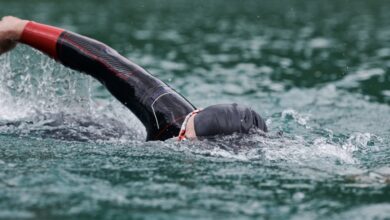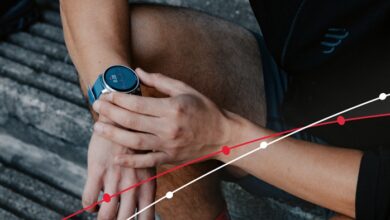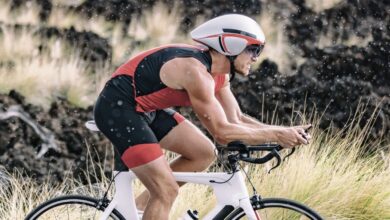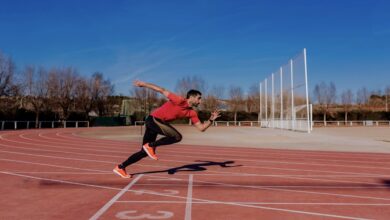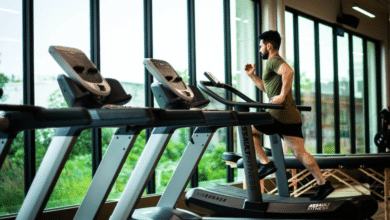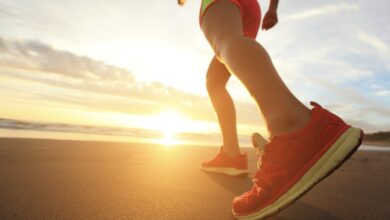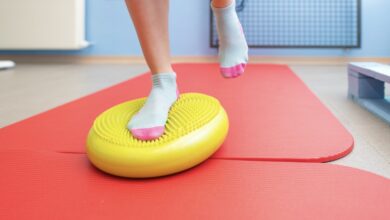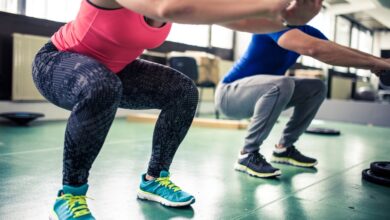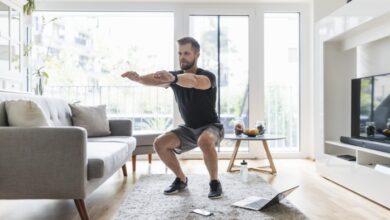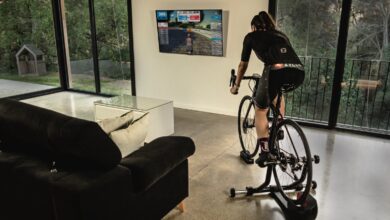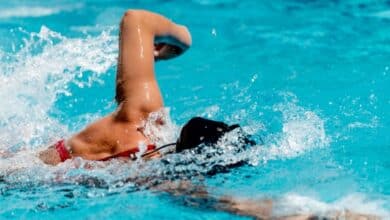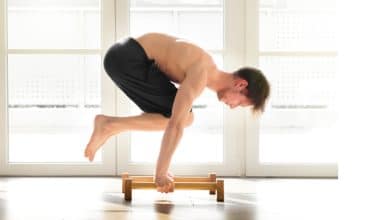10 things that you have to finish to improve in triathlon
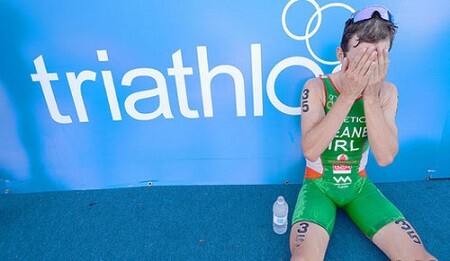
10 things that you can be doing that are harmful to your success.
Our collaborator Ricard Perez gives us this time a practical guide of 10 tips to improve our athletic performance in triathlon. There are many important aspects in endurance sports training. From training itself to proper nutrition, good sleep and other aspects, the list of things to do seems endless. However, there are also things you may be doing that are detrimental to your success.
1 Ignore recovery
What you eat, how much you sleep, the beers, everything affects you. The intensity at which you go in easy training is also important. Without recovery, there is no training. The training formula is Training = Fatigue + Recovery. If the athletes only do the fatigue part, the adaptations will not appear, or soon they will stop. Do not be an athlete who trains very hard and then every night goes out partying and abuses the food justifying that "I burn it", and if you do this strategy then do not ask yourself how it is that you do not improve.
2 The training of other athletes was finished
Focus on the training you need. Sometimes, (in fact many times), it means that you have to train alone. Group pressure is not a good method to train effectively. If you train with a lot of egos, let them go. Limit group workouts to those sessions in which you are looking for a very specific objective that is in line with the dynamics of the group, and at the right time.
This especially includes recovery workouts. (See #1). If you can not train effectively on your own, then you are not going in the right direction. If you are really committed to your goals, training according to these goals should not be the object of doubt.
3 It's over sabotage your training
When life is stressful, skipping workouts because you are not in a good mood only causes more stress and frustration at the lack of results. The training is a good escape valve, keep training. Skip the transition of running why you are too tired, is losing an opportunity to improve in training with fatigue, or learn to control your bike rhythm better. We all want to evolve in life, so we should not lose these opportunities for improvement.
4 Ignore your diet and weight
What you eat affects your recovery. (See #1). If you're not thin, you're not as fast as you want to be. I'm not saying you have to look anorexic, or go hungry, but think that those extra pounds you have, do not negatively affect your performance, it's ignoring the obvious. If you have a few extra kilos when you are running and shifting your weight, you will not find any master training plan to avoid that ballast. Excess weight also means an increased risk of injury, which can sabotage your training. (See #3).
5 No more obsessing with the volume
If really the athlete who trains more kilometers was the one who wins all the races, the Ultraman athletes would be the best runners of Ironman and Sprint. The winners of the Tour de France would win the races of a single day. It's about the quality of the training you do, not the amount of training you do.
6 It's over done the same thing over and over again
The body responds better to the variation in training. If you have been doing the same things over and over again for years, and you are not satisfied with the results, or you are stuck in your evolution, it is time to address the real problem, your training. If you are not satisfied with what you have achieved with your training, then change it.
7 It's over to ignore your warm ups and cooldowns for your workouts and races
The greater you are, and the greater your goal, the more important this point. You can be self-sabotaged. (See #3). Studies show that heating and cooling greatly help performance and recovery, so they should be a priority.
8 No more ignore the technology in your training
You use technology in almost every aspect of your life, from your mobile phone to your laptop and the programs at work or at home. Why is it so hard to believe that training based on power and pace data can help your training and your careers? (See #3). If you are not willing to learn to use these tools, what degree of commitment do you have with your goals if you know that technology can help you and you do not use it? If you are afraid that the data will tell you something you do not want to hear, then review the #3 point.
9 No more thinking that you need a new bike today
What you need today is proper training. (See from #1 to #8).
10 It ended up being negative with yourself
Nothing that any coach can tell you will replace what you say to yourself. If you do not believe in yourself when you put yourself in the starting area, the final result will already be quite determined.
(source: TrainingPeaks)
Facebook: Triathlon Group – https://www.facebook.com/grupotriatlon
Twitter: @Grupo_Triatlon - https://twitter.com/Grupo_Triatlon
There are no previous results.







